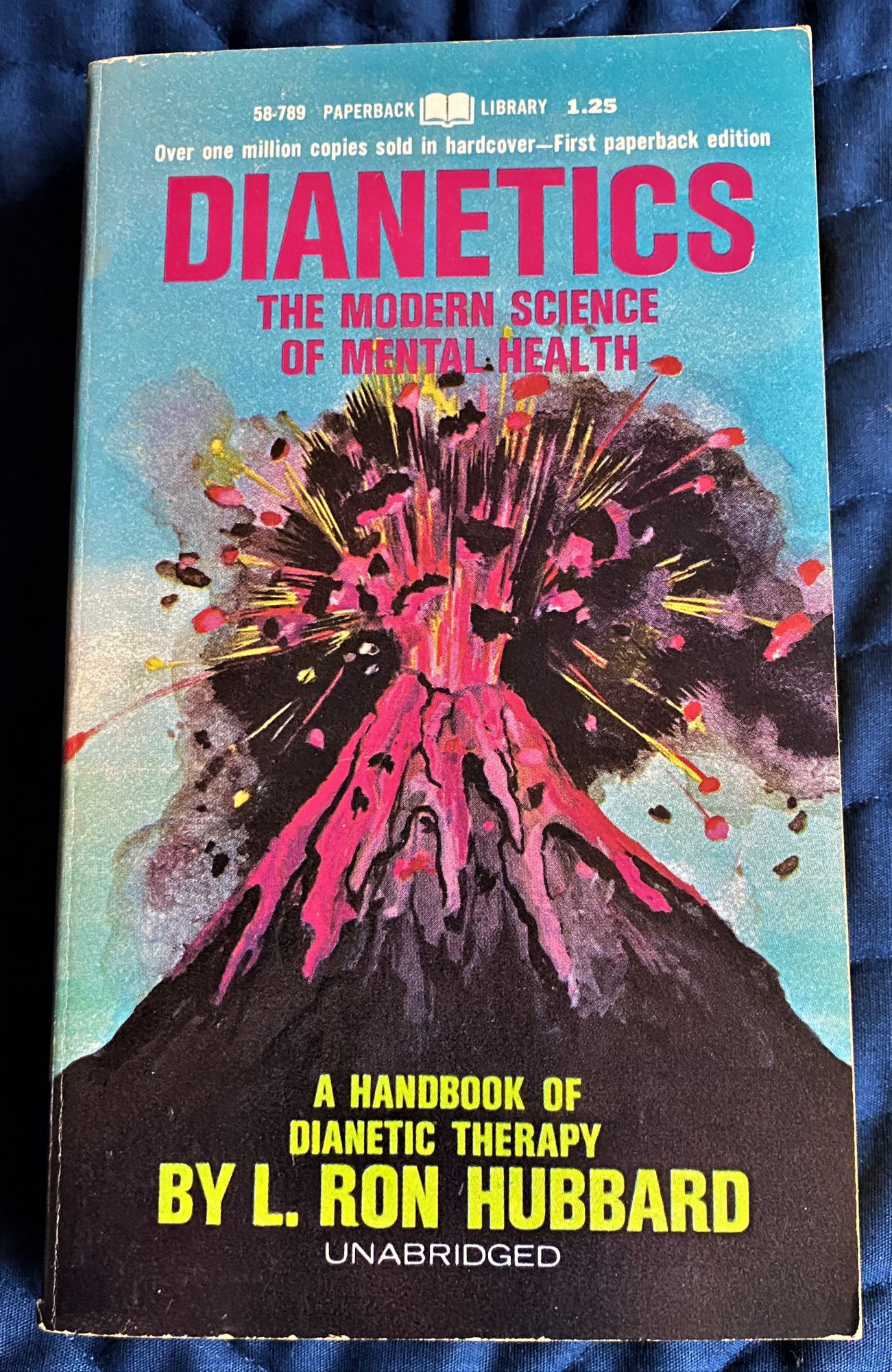The Of Dianetics
The Of Dianetics
Blog Article
Get This Report on Dianetics
Table of ContentsGet This Report on DianeticsOur Dianetics IdeasUnknown Facts About DianeticsAn Unbiased View of Dianetics
I couldn't ever not wish to get anything that enters your mind for you- if it was or else, I wouldn't be resting here with you, doing this. I not only might never ever have a problem, or not wish to listen to something that enters your mind for you, but I'm completely excited to know every concept, every idea, every picture or sensation that arises or shows up for you- do not ever assume or else, and if for some reason you do, please simply allow me recognize! Occasionally, you might have an idea, and picture, concept or occurrence appear that does not appear to respond to the concern, or connect to it, yet however, constantly do tell me about it, and as we continue, the significance will certainly emerge for you.This is fundamental in the basis of handling, and the subject of this conversation: the basic functions of the therapist and the client: The standard role of the counselor is, in contrast to "common training", not to control, which suggests to enforce and/or inhibit, yet to rather work from the basis of EMPOWERING THE CLIENT.

The Buzz on Dianetics
John Mcmasters shared this standard fact wonderfully well in one of his lectures on Power handling, where he explains how he was asked what this "special knack" was that he had for providing such great sessions; he needed to think of that for a minute, and found that it was what he wasn't doing, along with what he was doing: he wasn't examining, judging, computing, or in reality, producing any type of thoughts, let alone verbal expressions, after giving the command and while waiting for the computer to complete their response to their satisfaction; he was, merely and only, existing with the PC, and totally interested.
The role of the counselor, demonstrated; that was his "special propensity". I have had my own experience which showed me this well, extremely early on in the game. In 1982, having recently finished my training and internship on New Period Dianetics, I was running this on a COMPUTER, and there was a factor in the session where (being a little bit wet behind the ears not yet having lots of hours under my belt as a specialist auditor) the computer seemed to be "taking also long" to express anything vocally after I offered him a command.
This key became the most important contribution that John ever made to the topic of treatment or bookkeeping (Dianetics). In my simple viewpoint, it is the biggest contribution that any person has actually ever before made to these subjectsthe application is totally non-judgemental, non-evaluative, and devoid of any tip, suggestions or opinion.no preconditioned program for people, or 'degrees' that they should do
In Idenics, the find more information only resource of info concerning a customer is the specific customer. In Scientology we prided ourselves on not assessing for people. Yet all that truly indicated was that the auditor did not VERBALLY evaluate for the computer in session. The registrars and values officers assessed for the computer.
Fascination About Dianetics

Anyone who had actually ever seen John audit can not aid however notice an one-of-a-kind high quality in his auditing."The client's fundamental role is to be there with the function of relocating the instructions of their spiritual goals, and to openly and completely share and experience whatever manifests for them in addressing the inquiries and carrying out the instructions in the processing.
This is something to procedure as needed. Also, individuals often have prior experience and/or indoctrination in auditing/processing which, in some methods, and to some levels, in fact misinforms them into attitudes, concepts and habits patterns that stop the full awareness of these duties, and so they will have a tendency to hinder the expressing of what comes to mind, as in the instances given above - Dianetics. * The very first, and possibly foremost examples of mis-indoctrination leading to less than totally smooth and efficient sessions, can be discovered in certain facets of the training regimens, or "TR's":"TR's" are usually a person's first, or a minimum of early, experience in Scientology, and while I will take place to describe what I view as the flaws in principle and technique, however, often tend to be substantially healing, done as they are given (Hubbard urges that "TR's are not refining, they are educating", however factually, they are both processing AND training)
There is no "flunking", and no denial of the reality of this check over here being processing. The emphasis, as it must be, is on experiencing the other individual's existence.
Get This Report on Dianetics

Report this page